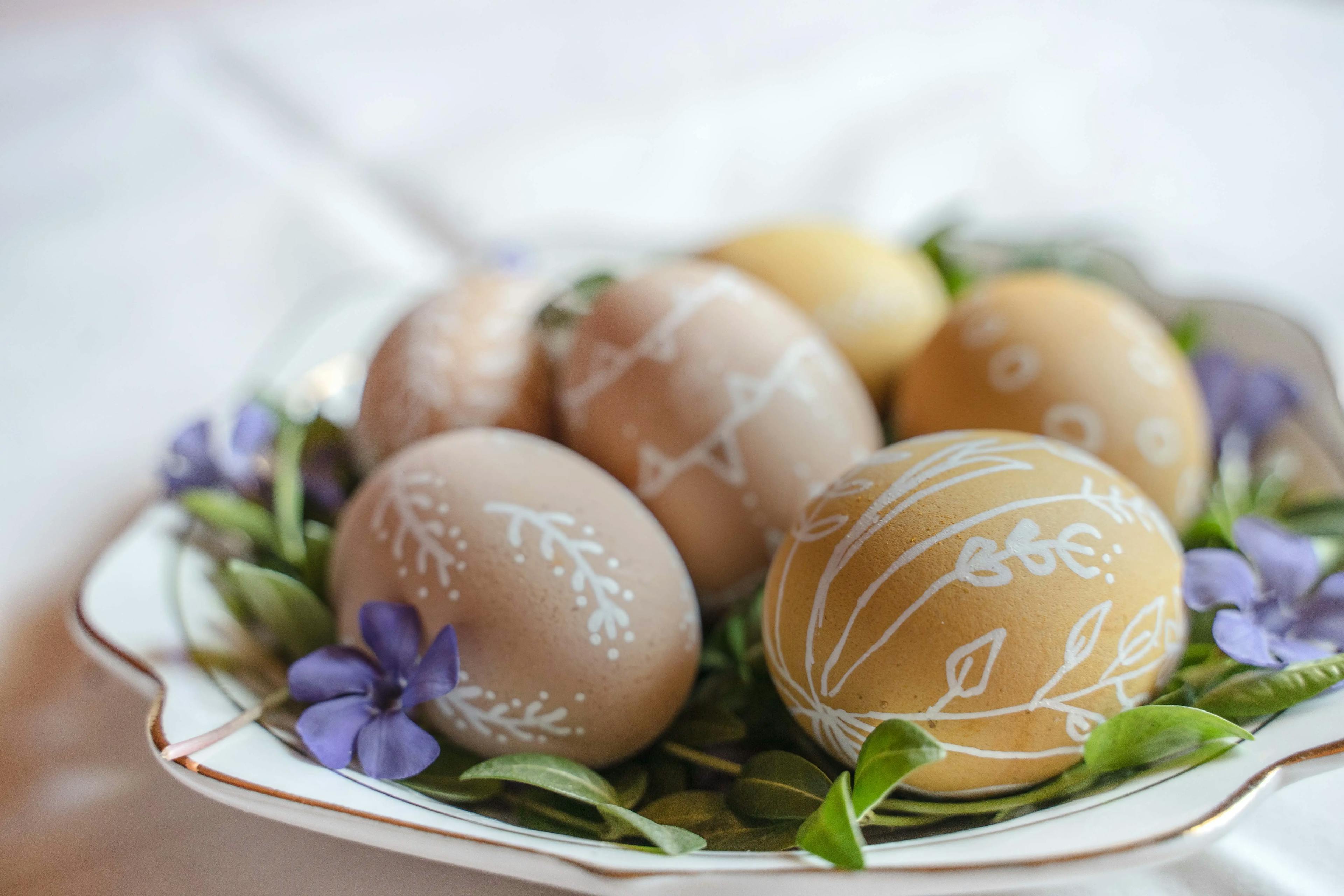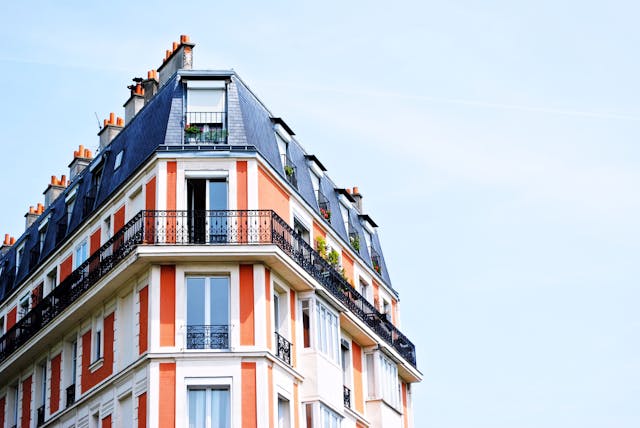Easter in Luxembourg: the weekend where religious and secular find ground (and eggs)

Easter is celebrated both in the religious and secular traditions of the Luxembourg community. Easter Sunday falls on the first Sunday following the first full moon after the spring equinox, which means that the date of Easter can vary each year.
In 2023, Easter Sunday in Luxembourg will fall on April 9 and will be followed by Easter Monday on April 10. A lot of Luxembourgers leave the country for the Easter holidays, to spend time with their families. Do not expect shops and some cultural places to work during Easter Sunday and Monday, as this day is considered a state holiday.
You can find out more about holidays and official weekends in Luxembourg in our special guide article — Luxembourg national holidays: bank holidays and traditions.
Time to explore Luxembourg cathedrals
Traditional religious celebrations in the country's Roman Catholic community will begin as soon as tomorrow evening — on April 6. Thursday evening before Easter, also known as Holy Thursday or Gréngen Donneschdeg, commemorates the last meal of Jesus with his disciples. On this day, Christian Luxembourgers eat vegetables instead of meat. The following day is Good Friday, which is observed as the day of Jesus' death by crucifixion. As per tradition, meat is not consumed on this day as well.
On Holy Saturday, the traditional Easter vigil is held, where prayers are organized in churches across the country. This day is an important one for Christians as it marks the period of waiting for the resurrection of Jesus Christ.
Luxembourg has many beautiful churches to visit during the Easter season. Some popular choices include the Notre Dame Cathedral, which is located in the heart of Luxembourg City and is known for its Gothic architecture and stunning stained glass windows. Another option is St. Michael's Church, which is located in the city of Luxembourg and is known for its beautiful frescoes and intricate altar. The St. Martin's Church in Dudelange is also a popular choice, with its beautiful stained glass windows and impressive organ. Other noteworthy churches include the Saint Willibrord Church in Esch-sur-Alzette, the Saint Nicholas Church in Clervaux, and the Saint Laurentius Church in Diekirch.
Though, be prepared, that on the Holy week, it will be quiet. Traditionally, the bell of the main cathedral leaves for Rome to confess sins. And all organs in the churches must be quiet in memory of Jesus' death. Who calls for prayers then? Children in Luxembourg use loud rattles three times a day during Easter, known as "klibberen". In return, they receive chocolate eggs and money.
Easter Sunday, also known as Resurrection Sunday, is the most significant day for Christians as it celebrates the resurrection of Jesus Christ. Religious celebrations are held, and attending mass is a common practice. Luxembourgers who attend mass on Easter Sunday may receive a decorated hard-boiled egg as a symbol of renewal and resurrection.

Agnostics with a love for chocolate eggs
In addition to the religious celebrations, there are several secular traditions associated with Easter in Luxembourg.
One of the most popular is the Easter egg hunt, which is enjoyed by both children and adults. During an egg hunt, decorated eggs (sometimes chocolate treats) are hidden throughout a home or garden, and participants compete to see who can find the most eggs.
There will be Egg hunts not only in Luxembourg but also in neighboring Belgium, Germany and France. Amneville Zoo will hold its own Egg hunt among animals as well. In addition, communes will organize events too, for example, Ettelbruck commune will have Easter celebrations. Visitors can come alone or with kids and friends, and try to collect them all for a prize.
The Emaischen festival in Luxembourg takes place on Easter Monday and features a traditional folk market with small decorated clay birds called Péckvillercher. The festival will feature traditional Luxembourgish dances and songs, food and drink stands, and various activities for children.
The origins of the festival are unclear, but it has been celebrated since 1827 when potters from Nospelt sold their clay bird creations after a mass at the church of Saint Michel in Luxembourg. The festival marks the end of traditional Easter celebrations and will be held in the village of Nospelt in the south of Luxembourg and in the Fish Market in the City.
In addition to these traditions, many families in Luxembourg also enjoy spending time together during the Easter holidays. Some may take a short vacation, while others may gather for a special meal or other celebration.





